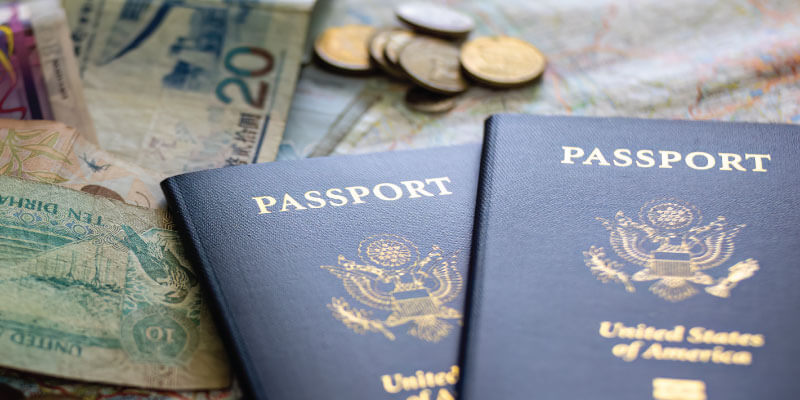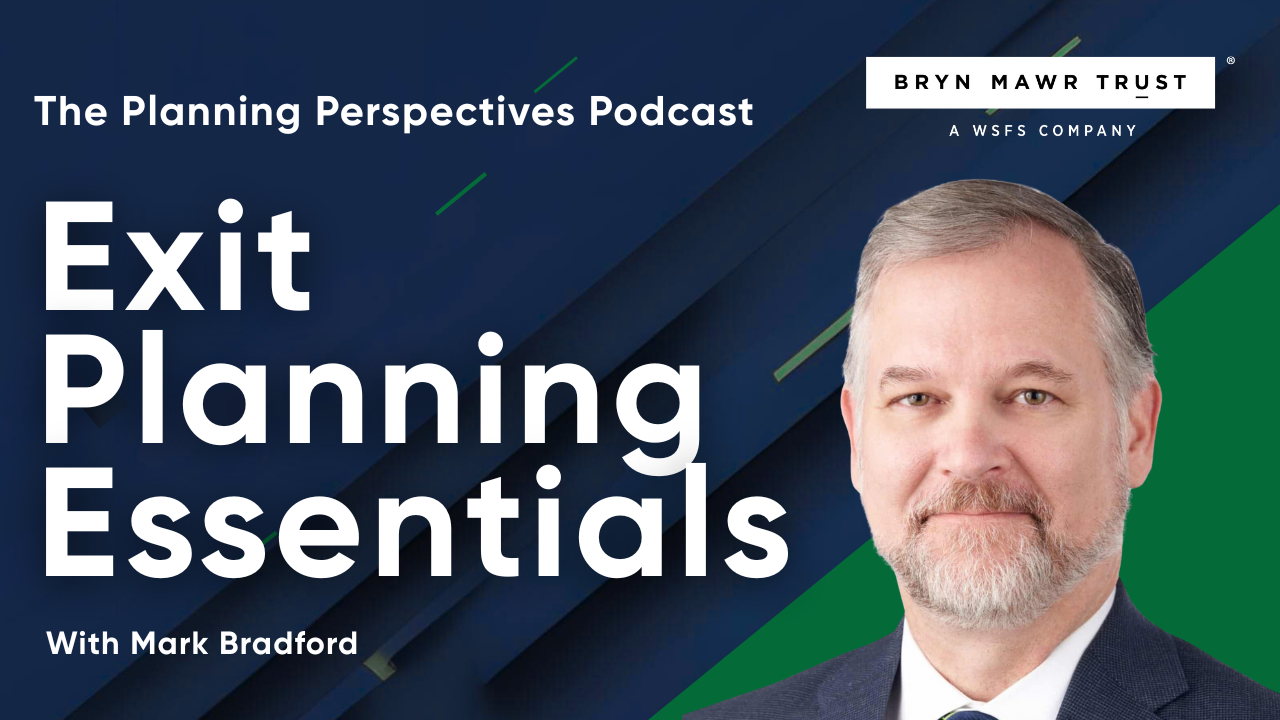Smart Foreign Exchange Strategies for Summer Travel: Maximize value and minimize stress with these tips before you take off

As summer travel season approaches, many of our clients are making plans to explore destinations across Europe, Asia, and beyond. Whether your itinerary includes sun-soaked beaches, historic cities, or family adventures abroad, it’s important to think ahead when managing foreign currency needs. Smart foreign exchange (FX) strategies can help you avoid unnecessary fees, reduce risk, and ensure you have seamless access to funds while enjoying your time away.
Here are a few key tips from our private banking team to help you prepare:
1. Plan for Better Exchange Rates
One of travelers’ biggest mistakes is waiting until they arrive at the airport or their destination to obtain local currency. These last-minute exchanges often come with unfavorable rates and high service fees. Instead, consider speaking with your banking advisor about purchasing foreign currency in advance or using FX services that offer competitive institutional rates.
If you’re traveling to a country with a less frequently traded currency, ordering in advance is wise to ensure availability.
2. Consider Using a Multi-Currency Account
Multi-currency accounts can be an excellent tool for frequent international travelers. These accounts allow you to hold and transact in multiple foreign currencies, reducing conversion costs and offering flexibility when managing overseas expenses. Some also allow you to lock in favorable rates when market conditions are optimal, shielding you from future volatility.
Our team can assist in setting up and funding these accounts to align with your travel schedule.
3. Leverage FX Hedging Solutions for Larger Transactions
If you’re planning a significant overseas purchase, such as real estate, tuition payments, or extended luxury travel, a forward contract or FX option can help manage currency risk. These hedging tools allow you to lock in today’s exchange rate for a transaction at a future date, offering cost predictability and peace of mind.
We recommend consulting your advisor if your summer travel involves large financial commitments abroad.
4. Use Credit Cards Strategically
Credit cards are convenient for travel, but not all cards are created equal when it comes to foreign transaction fees. Many premium travel or private banking cards waive these fees and offer competitive FX rates. You may pay up to 3% extra on every purchase if your card doesn’t.
Also, be aware of dynamic currency conversion (DCC). Always choose the local currency when offered the option to pay in your home currency at a foreign terminal. DCC typically includes hidden fees and a poor exchange rate.
5. Be Aware of Market Movements and Global Events
Currency markets can shift quickly due to geopolitical events, interest rate changes, or economic indicators. While travelers don’t need to follow FX markets daily, it’s worth being aware of broader trends, particularly if you’re exchanging large sums or traveling to regions with volatile currencies.
Our advisors monitor global FX markets in real-time and can offer guidance if you’re unsure when to exchange or hedge.
6. Keep Safety and Access in Mind
While cash is useful in certain destinations, limiting the amount you carry is generally best. Use a mix of cash, credit cards, and mobile payment options where available. Before departure, notify your bank of your travel plans to avoid card declines, and enable travel alerts or account monitoring features for added security.
With thoughtful planning and a few smart strategies, managing foreign exchange while traveling doesn’t have to be stressful. Our private banking team is here to help you make the most of your summer adventures—wherever they take you.
References:
- U.S. Department of the Treasury. (2024, November). Macroeconomic and Foreign Exchange Policies of Major Trading Partners of the United States. U.S. Department of the Treasury. https://home.treasury.gov/system/files/136/November-2024-FX-Report.pdfU.S. Department of the Treasury+7U.S. Department of the Treasury+7U.S. Department of the Treasury+7
- Bank for International Settlements. (2022, October). Triennial Central Bank Survey – Foreign Exchange Turnover in April 2022. Bank for International Settlements. https://www.bis.org/statistics/rpfx22.htm
- Visa. (n.d.). Travel Confidently with Visa. Visa. https://usa.visa.com/travel-with-visa/support.html
- Mastercard. (n.d.). Frequently Asked Questions (FAQs). Mastercard. https://www.mastercard.us/en-us/frequently-asked-questions.html
- Bloomberg. (n.d.). Currencies. Bloomberg. https://www.bloomberg.com/markets/currencies
- World Bank. (n.d.). Official Exchange Rate (LCU per US$, Period Average). World Bank. https://data.worldbank.org/indicator/PA.NUS.FCRF
- Investopedia. (n.d.). Foreign Transaction Fee: Definition, How It Works, and Example. Investopedia. https://www.investopedia.com/terms/f/foreign-transaction-fee.asp
- NerdWallet. (n.d.). Foreign Transaction vs. Currency Conversion Fee. NerdWallet. https://www.nerdwallet.com/article/credit-cards/foreign-transaction-vs-currency-conversion-fees-difference
Begin your journey
Have questions?
Speak with an financial expert.






